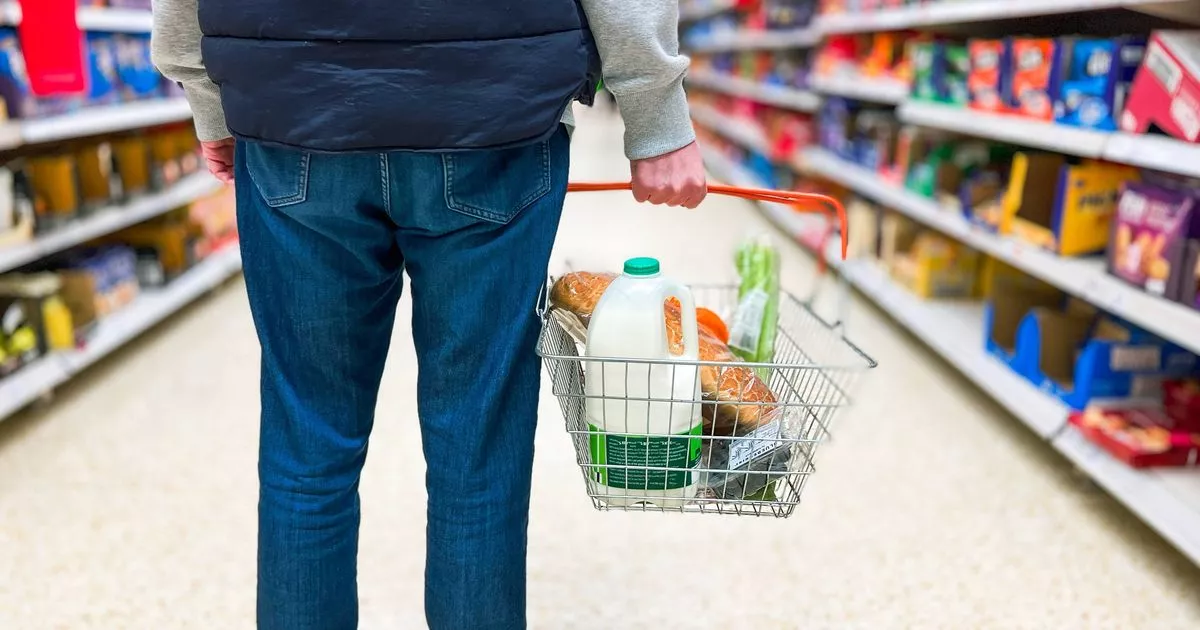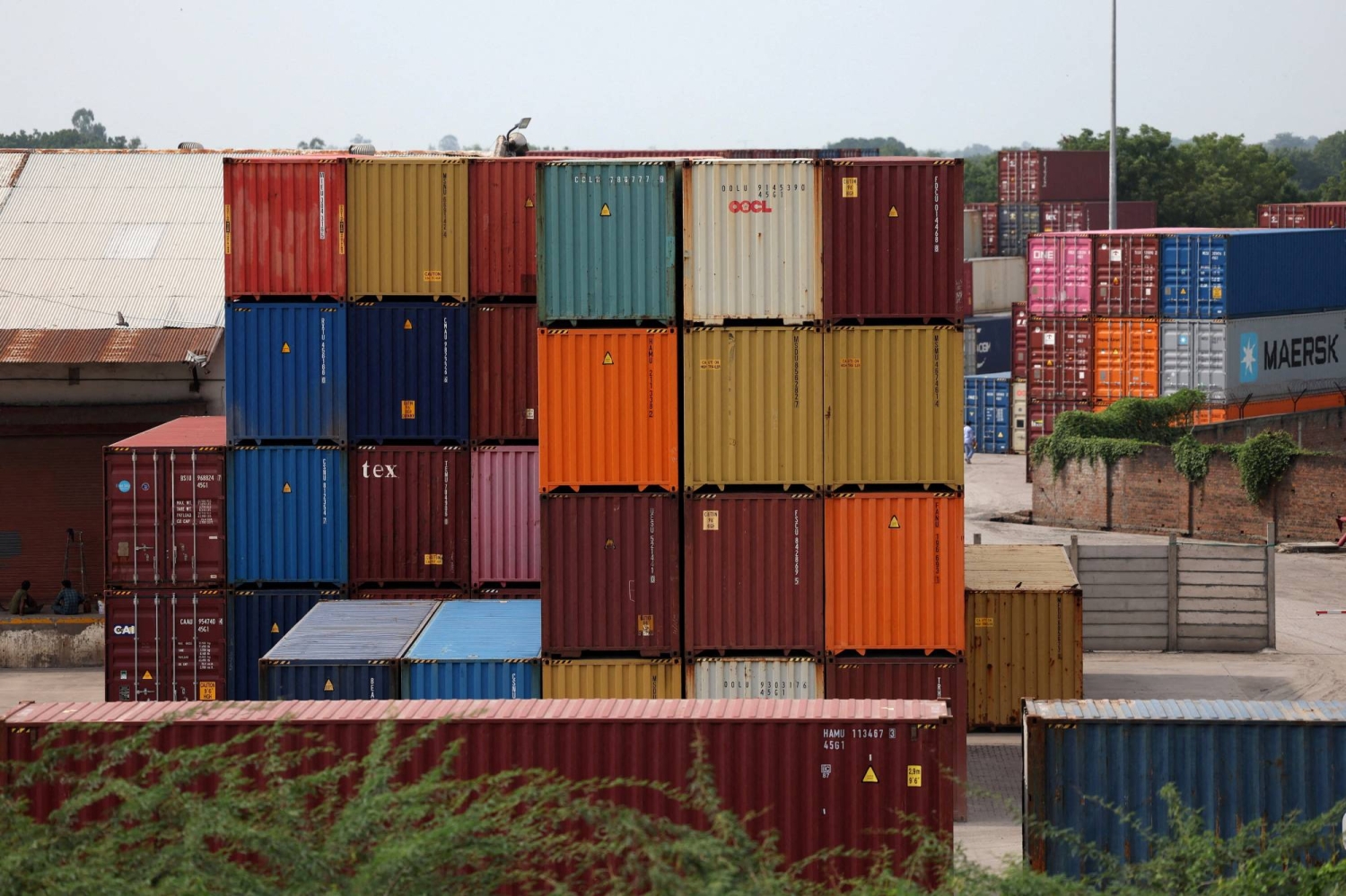By Neil Shaw
Copyright glasgowlive

The Food and Drink Federation (FDF) has warned that food and drink inflation could rise to 5.7% by the end of the year due to cost pressures on manufacturers “trickling down” to supermarket shelves.
The FDF, whose members produce a quarter of all food and drink sold in the UK, stated that current prices were “steeper than anything in recent decades”.
The group has revised its inflation outlook due to increasing cost pressures, now predicting inflation to hit 5.7% by December, up from previous forecasts of 4.9% in September and 4.8% in December, reports Bristol Live.
An analysis of long-term trends by the group revealed that between January 2020 and July 2025, food and non-alcoholic drink prices rose by 37%, compared to an overall price increase of 28%. Some products have seen particularly sharp increases, with sugar prices rocketing by 56%, whole milk by 46%, and cheese by 31%, according to the analysis.
The FDF highlighted that UK food inflation has been higher than other European countries in recent months, including France, Germany and Spain, suggesting that domestic policies have played a significant role. It cited factors such as a higher rate of employer national insurance and new packaging taxes as having a heavy impact on the sector.
Food producers have soaked up increasing manufacturing costs in recent years but are now being forced to pass these expenses onto shoppers through higher retail prices, the FDF contends.
Liliana Danila, the FDF’s chief economist, stated: “Looking at the longer-term picture, today’s prices are steeper than anything in recent decades.”
She noted that surges in energy and raw material costs had now levelled off, meaning inflation was being “fuelled by the financial impact of domestic policies, now trickling down to supermarket shelves”.
FDF chief executive Karen Betts described the UK as an “outlier” compared to similar European economies, stating: “The costs are such that companies can no longer absorb them and are having to pass at least some of them on to consumers. As this autumn’s Budget looms, it’s critical that Government does not add further to the already high costs of regulation in our sector.
“We’ve been hit by rising taxes, employment costs and a new packaging tax. We’re calling on Government to help us turn this tide by partnering with industry to attract investment, accelerate productivity growth, boost skills and grow exports across our sector.
“This will help counter inflation and secure a more resilient future for UK food and drink manufacturing.”
The Government has been contacted for comment.



